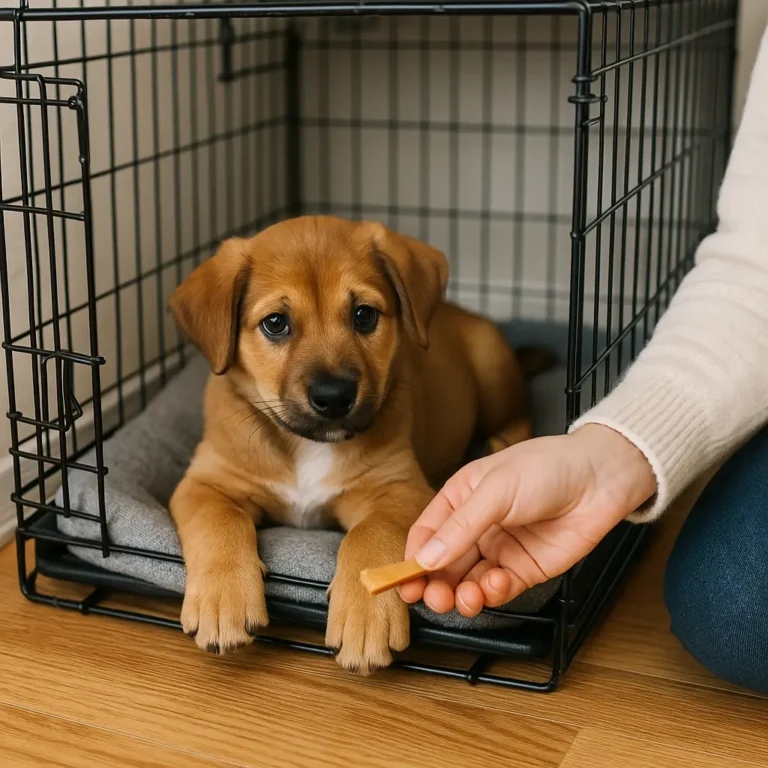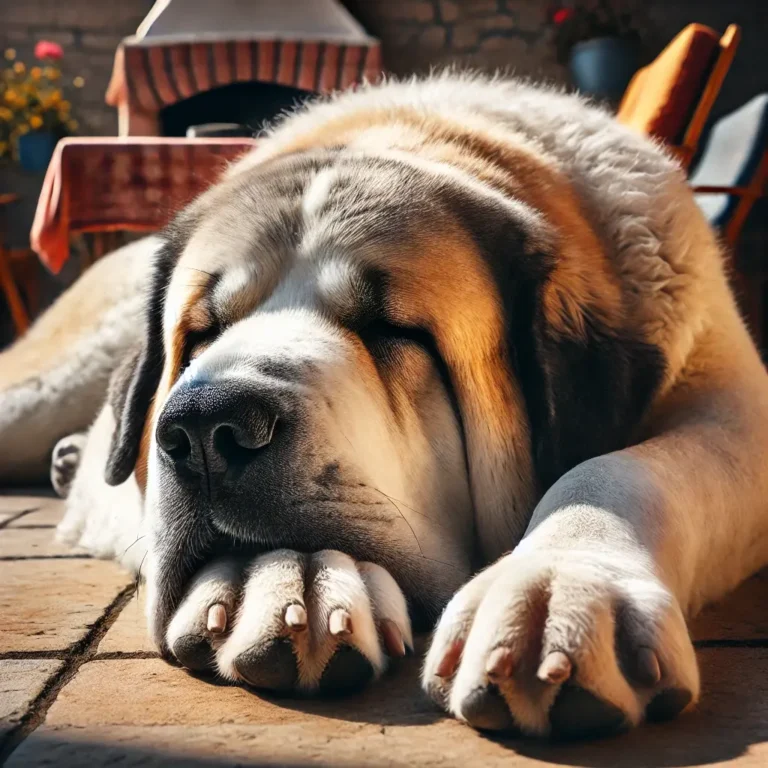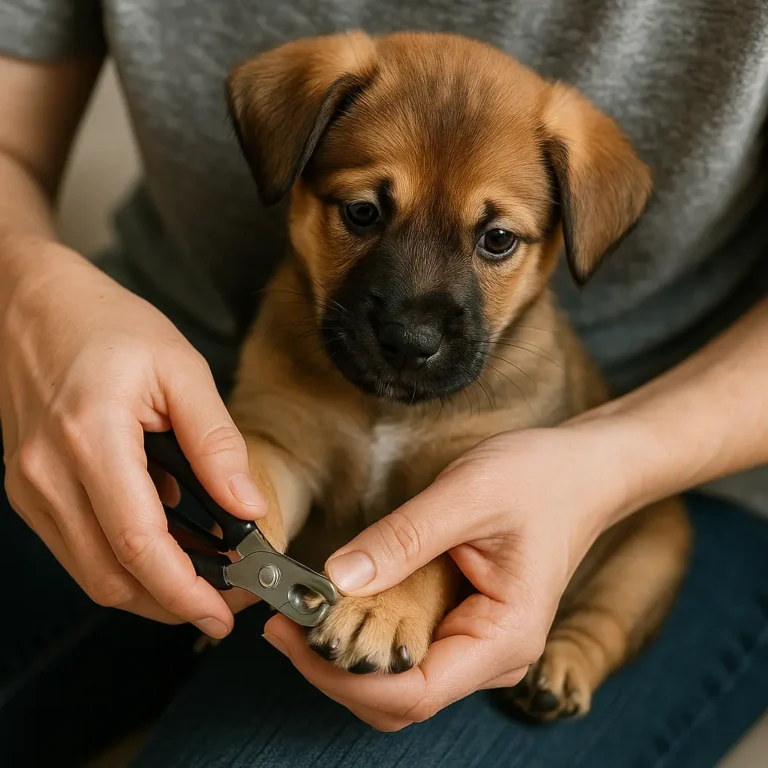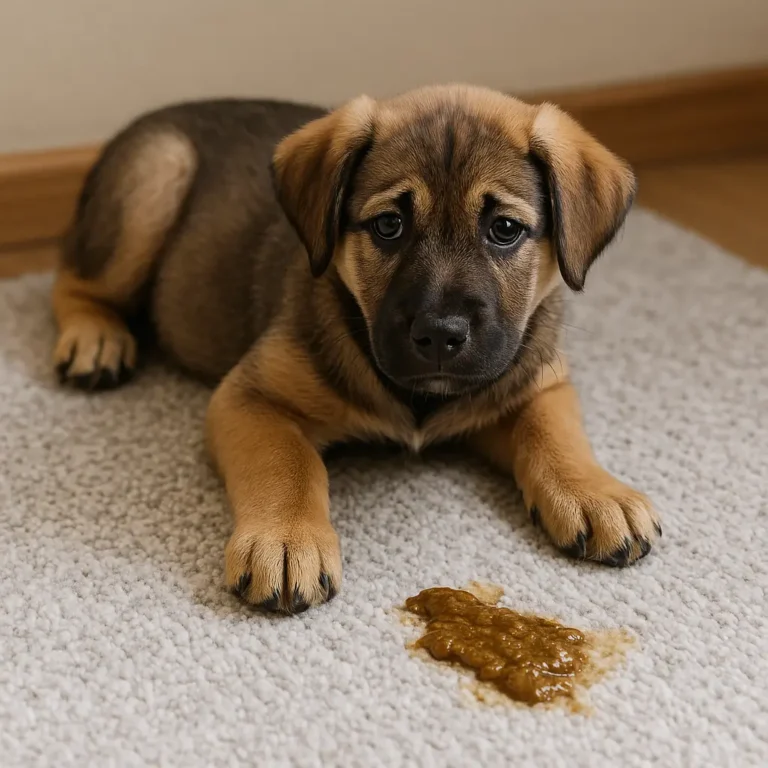Asian Alabai Dog
Asian Alabai Dog: A Fearless and Loyal Guardian
The Asian Alabai Dog, also known as the Alabai Central Asian Shepherd Dog, is a large and powerful breed that has been used for centuries to guard livestock and protect homes. Originating from Central Asia, this breed is known for its strength, intelligence, and resilience. The Asian Shepherd Dog Alabai is highly valued for its protective instincts, making it one of the best guardian dogs in the world. These dogs are naturally territorial and form strong bonds with their families, ensuring their role as trustworthy protectors. The Central Asian Shepherd Dog Alabai thrives in large, open spaces where they can patrol freely. They require firm training, early socialization, and strong leadership to prevent them from becoming overly dominant or aggressive. While they are affectionate with their families, they are wary of strangers and need a dedicated owner who understands their guarding nature.

Asian Alabai Dog Puppies: Strong and Intelligent from Birth
Asian Alabai Dog puppies are born with a strong guarding instinct, making early socialization and structured training essential. These puppies grow quickly, requiring high-protein nutrition to support their muscular build and bone development. Despite their playful nature, they exhibit dominance and independence, which must be managed through consistent training. Without proper leadership, they may develop territorial or aggressive tendencies. The Alabai Central Asian Shepherd Dog puppy needs early exposure to different environments, people, and animals to become a well-adjusted adult. With the right guidance, they grow into loyal, intelligent, and disciplined guardians for homes, farms, and estates.
Breed Traits
Temperament: Protective, intelligent, and independent Coat Type: Thick, double-layered, and weather-resistant Energy Level: Moderate to high Intelligence: Strong-willed and independent thinker Purpose: Livestock guardian, security dog, and family protector
The Asian Alabai Dog has a lifespan of 12-15 years with proper care, a balanced diet, regular vet visits, and adequate exercise, ensuring they live a healthy and fulfilling life.
The Asian Shepherd Dog Alabai typically stands between 26-32 inches (66-81 cm) at the shoulder. Males are generally larger and more muscular, while females are slightly smaller but equally strong.
A fully matured Central Asian Shepherd Dog Alabai weighs between 88-176 pounds (40-80 kg). Males tend to be heavier and bulkier, whereas females maintain a leaner yet equally powerful build.
The Asian Alabai Dog thrives in large, open areas with secure fencing. They are not suited for apartment living and require a rural or farm setting to remain active and mentally stimulated.
Breed Characteristics
Loyalty: Deeply bonded to their owners Protectiveness: Highly territorial and fearless Intelligence: Quick learners but require strong leadership Endurance: Built for long guarding hours Socialization: Needs early training to prevent excessive aggression
Although primarily a guardian breed, the Asian Alabai Dog is deeply devoted to its family. They can be gentle with children when raised with them but require strict training and supervision.
The Asian Alabai Dog has a broad skull, deep chest, and strong limbs. Their dense, double coat provides protection against harsh climates, making them well-suited for extreme weather conditions.
The Asian Alabai Dog is aloof with strangers but loyal to their family. With proper early socialization, they can coexist with other pets and people while maintaining their natural guarding instincts.
The Asian Alabai Dog is fearless, confident, and highly intelligent. They possess strong decision-making abilities and are natural protectors, making them excellent working dogs for security and livestock protection.
Training an Asian Alabai Dog
Training an Asian Alabai Dog requires firm leadership, patience, and consistency. Due to their independent and strong-willed nature, they need structured training from an early age. Positive reinforcement methods work best, but they also need firm boundaries to prevent dominance issues. Socialization is crucial to ensure they don’t develop excessive territorial aggression. They require mental stimulation and structured activities to prevent boredom. Without proper training, they can become stubborn and difficult to control. A well-trained Asian Alabai Dog is a loyal and disciplined companion, making them one of the best working breeds in the world.
Asian Alabai Dog History & Facts
The Asian Alabai Dog originates from Central Asia, where they have been bred for over 4,000 years as livestock guardians and protectors. The Central Asian Shepherd Dog Alabai has been used by nomadic tribes to protect their flocks from predators such as wolves and bears. Selective breeding has enhanced their size, intelligence, and endurance, making them highly valued as working dogs. Today, they continue to serve as security dogs, livestock protectors, and loyal family guardians. Their historical significance and unmatched guarding abilities make them one of the most sought-after guardian breeds worldwide.
The Alabai Dog has been a guardian breed for over 4,000 years, making them one of the oldest working breeds.
They can take on large predators such as wolves to protect livestock.
Unlike most guard dogs, they only bark when they sense real danger.
Their dense coat protects them from freezing temperatures, making them ideal for harsh climates.
They assess threats and react without human commands, making them highly reliable working dogs.
Popular Asian Alabai Dog Mix Breeds
While the Asian Alabai Dog is a purebred guardian, some mixes combine their intelligence, size, and strength with other breeds:
- Alabai Shepherd Mix – Adds obedience and intelligence from the German Shepherd.
- Alabai Mastiff Mix – Increases size, power, and guarding abilities.
- Alabai Husky Mix – Enhances endurance and adaptability to cold climates.
- Alabai Kangal Mix – Merges two elite guardian breeds, creating the ultimate protector.
These mixes inherit the Alabai’s natural guarding instincts, making them highly protective companions for working and security roles.
Best Diet Plan for an Asian Alabai Dog: Essential Nutrition
The Asian Alabai Dog, also known as the Alabai Central Asian Shepherd Dog, requires a high-protein diet to maintain muscle mass and endurance. Lean meats such as beef, lamb, and chicken provide necessary protein, while healthy fats from fish oil or flaxseed support joint and coat health. Complex carbohydrates like brown rice and sweet potatoes ensure sustained energy levels. Including vegetables such as carrots, spinach, and pumpkin helps boost digestion and immunity. Avoid processed foods, artificial additives, and excessive grains. Fresh water should always be available, and meal portions must be controlled to prevent obesity in this large working breed.
Asian Alabai Dog Behavior: Loyal and Fearless Guardians
The Asian Alabai Dog is highly intelligent, fearless, and deeply loyal. Known for its protective nature, this breed was historically used for guarding livestock and property. While reserved with strangers, they are gentle with their family. Strong leadership and early socialization are essential for maintaining a balanced and obedient temperament.
Alertness
Protectiveness
Prey drive
Aggressiveness
Barking level
Trainability
Mental stimulation needs
Intelligence
Popular Alabai Mix Breeds: Unique and Strong Hybrids
The Asian Alabai Dog has been crossbred with other strong working breeds to enhance its guardian instincts and adaptability. Popular Alabai mix breeds include:
- Alabai Caucasian Shepherd Mix – A highly protective, strong-willed guardian with a dense coat.
- Alabai Kangal Mix – A mix of Turkish Kangal endurance and Alabai strength.
- Alabai German Shepherd Mix – A combination of intelligence, trainability, and guarding instincts.
- Alabai Mastiff Mix – A powerful and fearless working dog ideal for experienced handlers.
These hybrids combine Alabai’s strong protection instincts with additional trainability, adaptability, and endurance, making them ideal for security work, farms, and experienced owners.
Grooming Guide: Coat Care for the Asian Alabai Dog
The Asian Alabai Dog has a thick double coat that requires weekly brushing to prevent matting and reduce shedding. During shedding seasons, daily brushing is necessary to control loose fur. Bathing should be done every 6-8 weeks with mild dog shampoo to maintain skin and coat health. Their ears should be checked and cleaned regularly to prevent infections, and nails should be trimmed monthly to avoid overgrowth. Since they are outdoor-working dogs, regular paw cleaning and coat checks for parasites are essential. A consistent grooming routine keeps their coat healthy and ensures their comfort in various weather conditions.
Physical Attributes of the Asian Alabai Dog
The Asian Alabai dog is a large, well-muscled breed with a broad chest, sturdy frame, and thick neck. Their dense double coat provides protection in harsh climates, and they have deep-set, expressive eyes. With powerful legs and a strong bite force, they are built for endurance and guarding.
Breed Size
Colours
Coat
Drooling
Snoring
Exercise Needs
Grooming Needs
Aggressiveness
Health of the Asian Alabai Dog
The Asian Alabai dog is a hardy breed, but they can suffer from hip dysplasia, joint problems, and obesity due to their large size. Regular vet checkups, a balanced diet, and joint supplements help maintain their health.
Their thick coat requires flea and tick prevention, as they are prone to parasites. They need adequate exercise to prevent weight gain and digestive issues. With proper care, hydration, and mental stimulation, the Central Asian Shepherd Dog Alabai can live up to 12-15 years, remaining strong and energetic throughout their lifespan.
Dog Breed Size: How Large is the Asian Alabai Dog?
The Asian Alabai dog belongs to the giant breed category, requiring ample space, a structured diet, and consistent training. Unlike medium-sized breeds, they have greater stamina and strength, demanding more exercise and controlled feeding.
They differ from small breeds as they require higher food intake, joint support, and dedicated training to manage their protective instincts. Due to their size, intelligence, and endurance, they are best suited for experienced owners who can provide leadership and structure.
A spacious home, early socialization, and strong training discipline are essential for them to thrive as loyal, well-balanced protectors.
FAQs About the Asian Alabai Dog
How big does the Asian Alabai dog get?
Is the Asian Alabai dog aggressive?
How much exercise does an Asian Alabai dog need?
Is the Asian Alabai dog good with children?
What is the best diet for an Asian Alabai dog?
Do Asian Alabai dogs shed a lot?
Are Asian Alabai dogs good with other pets?
How long does an Asian Alabai dog live?
Dog Life of an Asian Alabai Dog
The Asian Alabai dog thrives in a structured, active lifestyle, excelling as a guardian, protector, and loyal companion. They need daily physical activity, a high-protein diet, and mental engagement to prevent boredom.
Proper training and socialization help develop their instincts into disciplined behavior. While they are affectionate with family, they require firm leadership and patient handling.
With consistent training, balanced nutrition, and responsible ownership, the Asian Alabai dog matures into a well-behaved adult, providing unwavering loyalty and security. They are best suited for experienced handlers who understand their needs and temperament.
The Asian Alabai dog is a strong, intelligent, and devoted breed, perfect for experienced owners who can handle their size and guarding instincts. They require consistent training, large spaces, and a well-balanced diet.
Unlike small or medium-sized breeds, they need structured exercise routines, firm leadership, and high-protein meals to maintain strength and stamina. Their protective nature and unwavering loyalty make them exceptional guard dogs.
If you seek a powerful, independent protector, the Asian Shepherd Dog Alabai is a perfect choice. However, they require responsible training, socialization, and long-term commitment to become reliable, well-mannered companions.


























